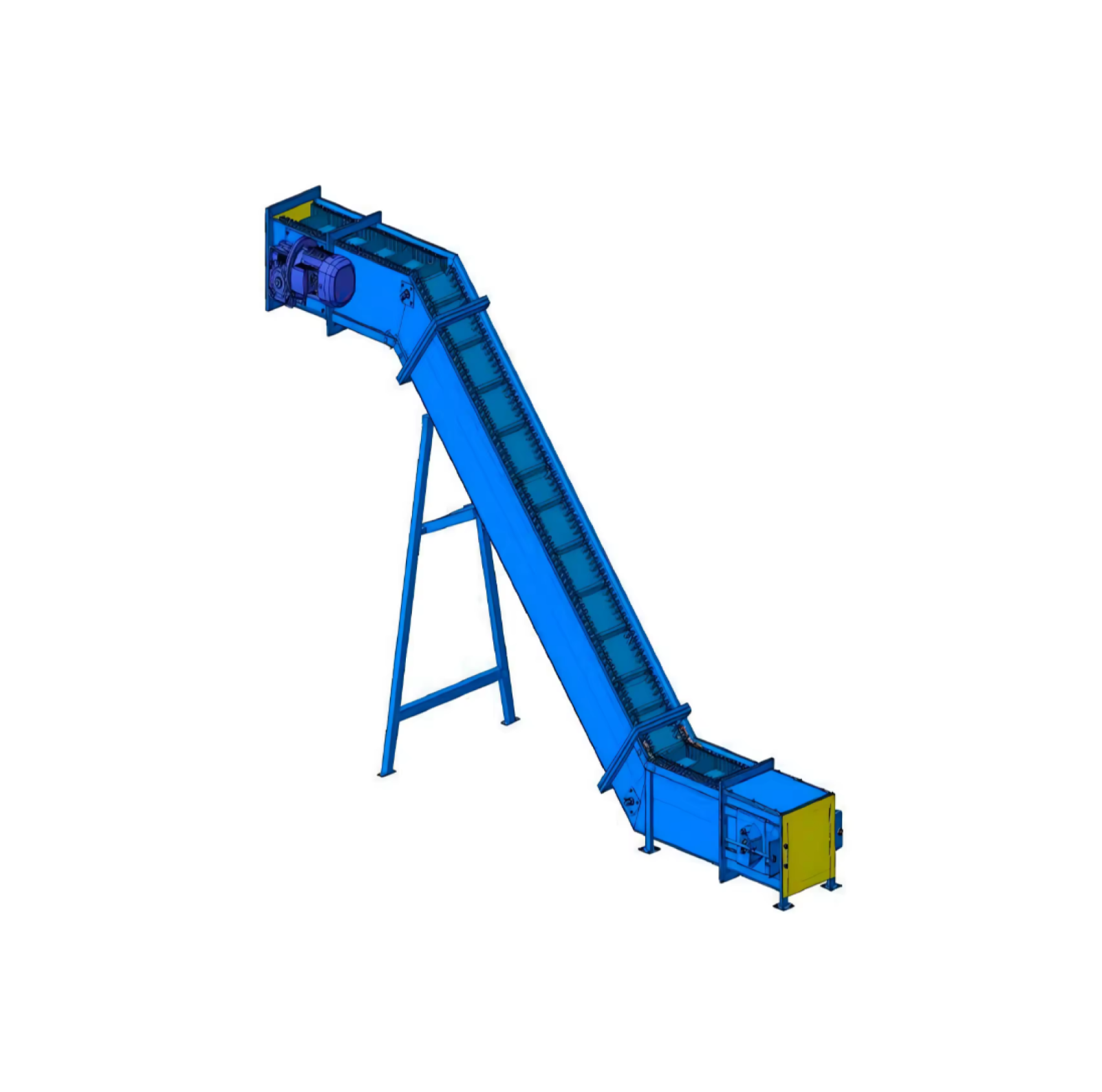
In today's fiercely competitive market environment, companies are paying more and more attention to improving logistics efficiency. As an important part of the warehouse logistics system, belt conveyors not only have efficient and stable material transportation capabilities, but can also bring significant production efficiency improvements to enterprises.
Belt conveyor designs can be tailored to the warehouse's layout and operational needs, ensuring optimal material flow and space utilization. This flexibility allows companies to optimize transportation processes, resulting in greater material handling efficiency.
Belt conveyors offer low maintenance costs and high reliability, allowing companies to devote more resources to production and innovation. Through regular maintenance and monitoring, the conveyor is ensured to operate in optimal condition, thereby ensuring the stability of the entire warehouse logistics system.
With the development of intelligent technology, many belt conveyor systems have begun to integrate automatic control and data monitoring functions. This transformation has effectively improved the intelligence of warehouse management. These systems can monitor the flow of materials and equipment status in real time, provide timely warnings when abnormal conditions occur, and ensure the smooth operation of the logistics system.
By optimizing transportation processes, companies can gain significant competitive advantages in the fierce market competition. The efficient use of belt conveyors can greatly increase shipping speed and reduce operating costs, thus laying a solid foundation for the sustainable development of enterprises.
To sum up, belt conveyors play a vital role in warehouse logistics systems. By continuously optimizing designs and introducing advanced intelligent technologies, companies can not only improve the efficiency of material transportation, but also reduce costs and achieve long-term business growth and competitive advantages.

